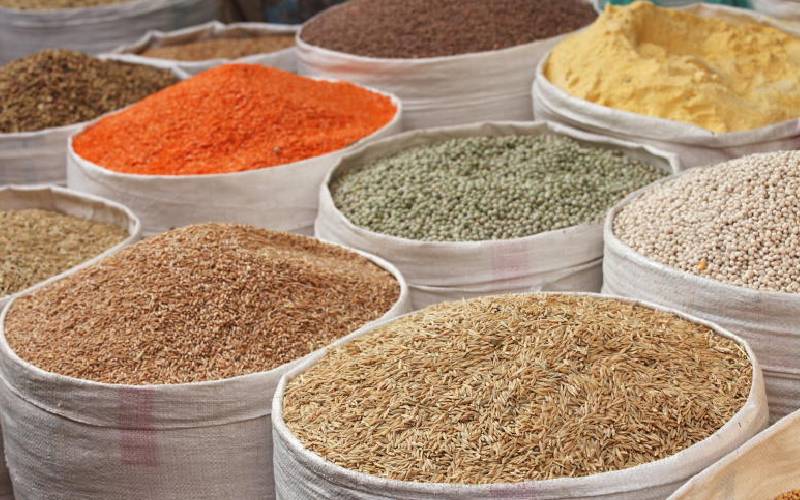×
The Standard e-Paper
Smart Minds Choose Us

The coronavirus has brought enormous setbacks, suffering and forecasts of a global depression following the closure of many economies for so long. But if there is one area where it has exposed our global fragility, it is food.







